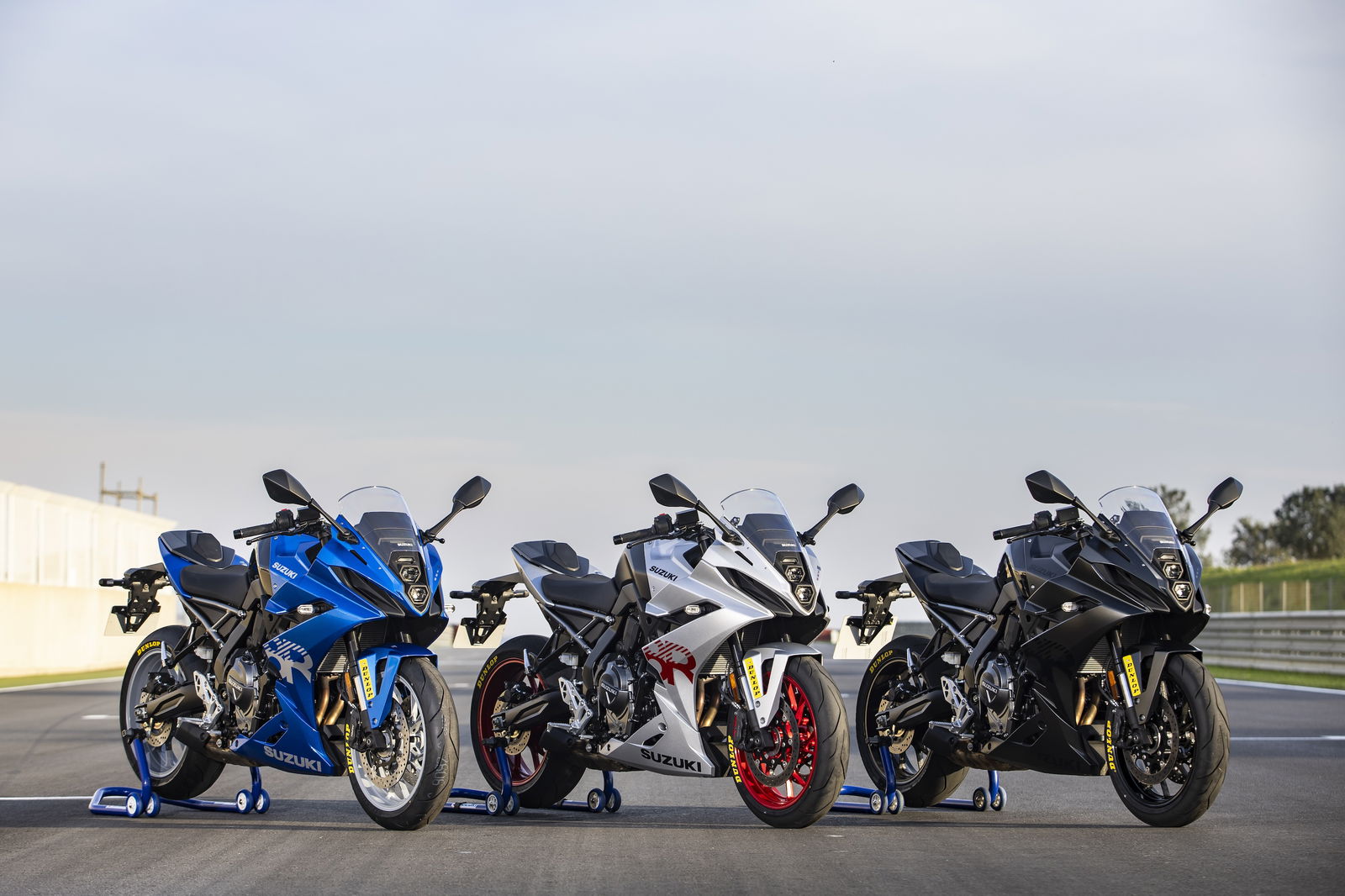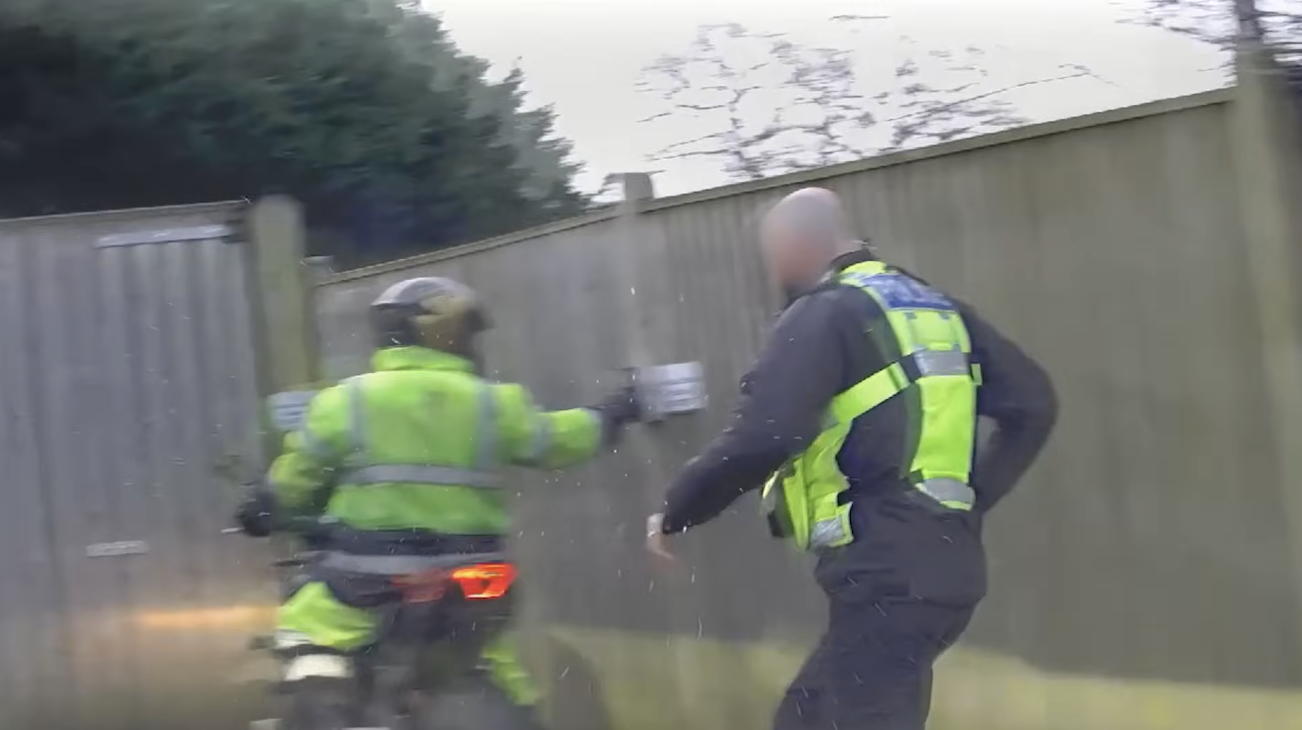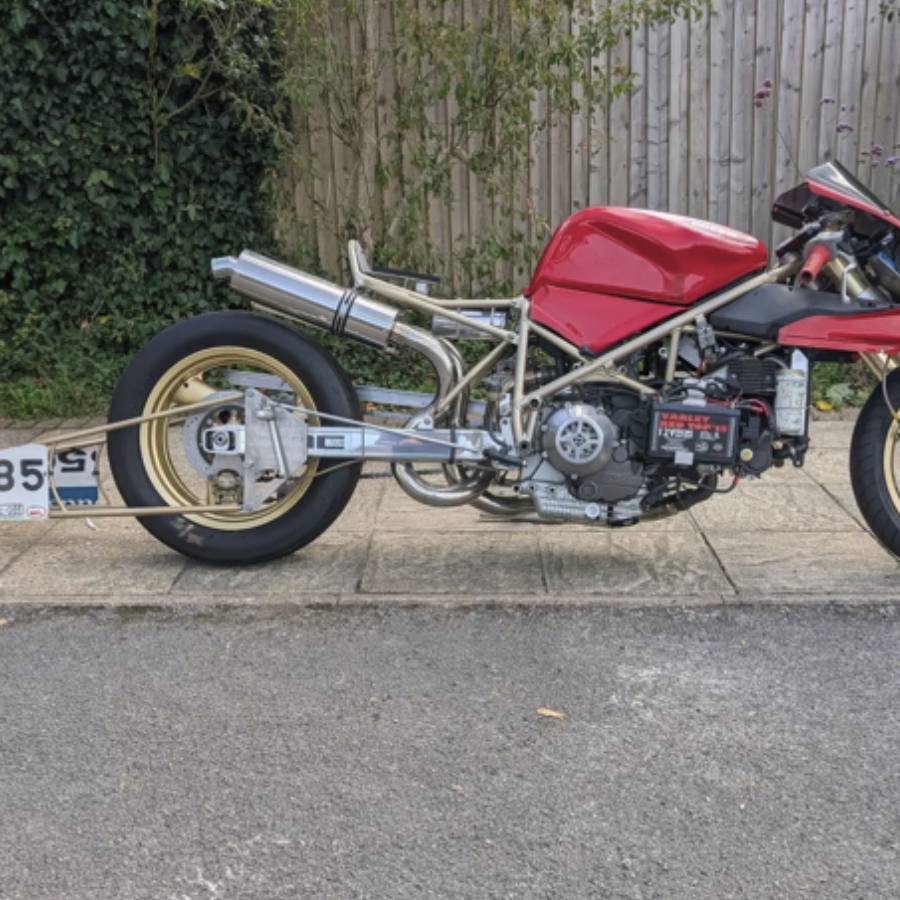US State Makes Legal Filtering for Motorcycles Stupidly Complicated
Lane filtering has been made legal for motorcycle riders in the US state of Colorado, but a bunch of caveats make is incredibly complicated

Colorado has recently made lane filtering for motorcycles, but far from it streamlining things for bikers in the US state, the rules around it have made it incredibly complicated.
In the UK, we are accustomed to our Highway Code’s vague nods towards lane filtering for motorcycles that, at least, mean it’s not illegal.
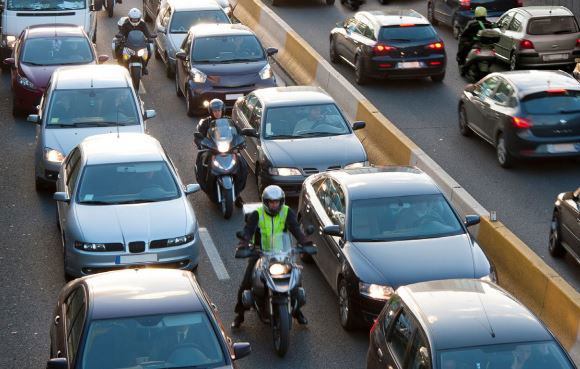
Colorado’s latest legislative adjustment has made filtering for bikers overtly legal. Great! Right? Well, kind of. But, perhaps unsurprisingly, the added details of the laws introduced in Colorado have complicated things for the bikers there.
For example, lane filtering is only permissible under the new Coloradan legislation if the vehicle, or vehicles, being passed by the motorcycle is, or are, stationary, meaning that in crawling downtown traffic, for example, a rider is still legally obliged to sit behind the slow-moving three-plus-wheelers (the legislation specifies that only two-wheeled motorcycles are eligible for filtering) ahead of them.
Additionally, the law specifies that filtering is only allowed when the rider of the motorcycle is on a road with lanes which are wide enough to allow any passes to be conducted safely. This seems like the kind of common sense thing that the vague approach of the UK’s Highway Code deals with better than the cover-all-bases approach of the new Coloradan law.
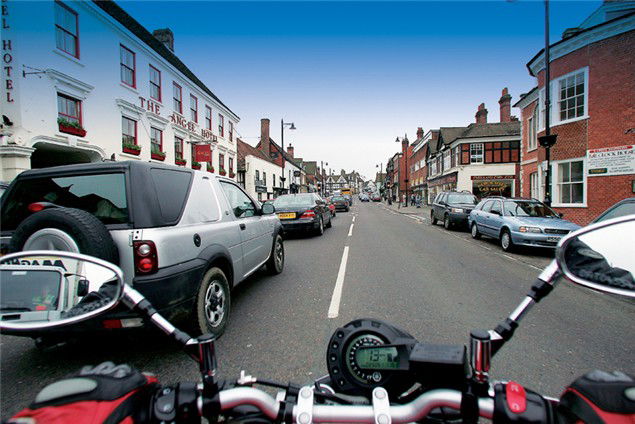
A third condition is that the speed of the motorcycle must be no more than 15mph while filtering, which seems fairly agreeable, although, again, perhaps covered by the assumed common sense of the rider. Further, once the vehicles being passed by the motorcycle begin moving again, the rider of the motorcycle must stop passing, and riders can only filter between two lanes which are travelling in the same direction as themselves, meaning not in the hard (or ‘right’) shoulder or to the right-hand-side of vehicles in the right-most lane.
Colorado’s legalisation of lane filtering is not yet permanent. The legislation is currently in an effective trial phase - a period in which the legislation can be evaluated for effectiveness and safety.
Specifically, legislators are looking to evaluate whether the legislation has an impact on motorcycle rear-end collisions, both in terms of quantity and severity, as well as side-on collisions. The current deadline for that evaluation to be completed, and for the law to either be revoked or made permanent, is 1 September 2027, meaning motorcyclists in Colorado have at least three-and-a-bit years to enjoy some legal lane filtering, however restrictive.
Find all the latest motorcycle news on Visordown.
